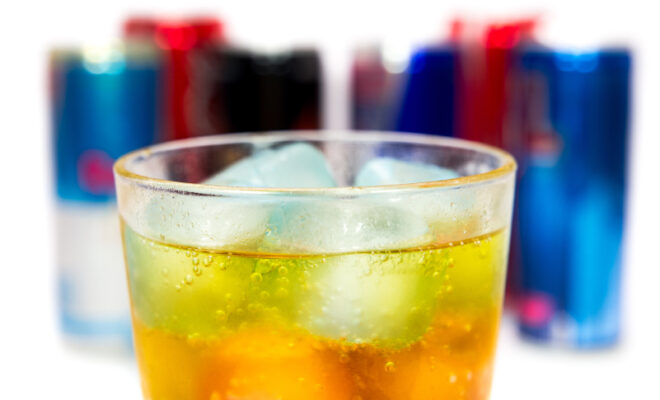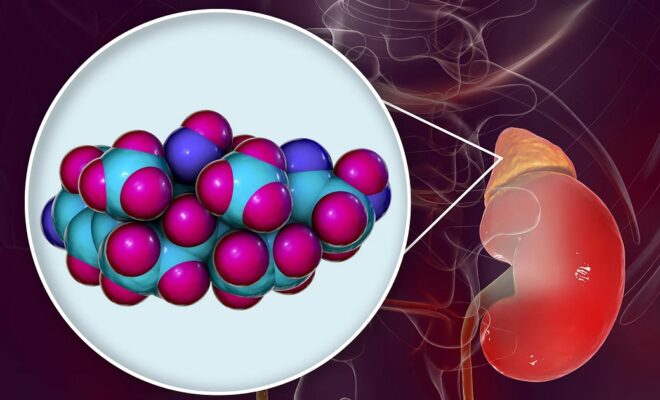How To Choose The Right Energy Drink For You

When choosing an energy drink, it is important to consider the ingredients. You must be aware of the effects of caffeine, sugar, and artificial sweeteners. Also, you should look for ingredients like L-carnitine, which are known to boost energy levels. These ingredients have been around for thousands of years.
Caffeine
While it is possible to consume caffeine in a natural energy drink without harming your body, you should also be aware that it is possible to have too much. While a moderate amount is OK for most people, you may want to limit your intake to under 400 milligrams per day, because too much caffeine can have negative side effects. Natural energy drinks contain much less caffeine than conventional beverages and are therefore a healthier option.
Many energy drinks use artificial sweeteners, or non-nutritive sweeteners, to maintain the taste and sweetness. These sweeteners are simply sugar substitutes that add sweetness without adding calories. One type of sugar substitute used in natural energy drinks is sucralose, which is derived from table sugar but is chemically altered to make it calorie-free.
Sugar
Sugar is one of the most common ingredients found in energy drinks. Some energy drinks are low in carbohydrates, while others are high in sugar. For example, Red Bull has nearly two teaspoons of sugar per eight ounce serving, while Rockstar contains nearly a half-cup. Both are over the recommended daily limit for adults.
In addition to caffeine, most energy drinks contain a lot of sugar. A typical energy drink has anywhere from 54 to 62 grams of sugar. The American Heart Association recommends that adults consume no more than twenty-four grams of added sugar per day. Depending on the type of drink you choose, one can easily exceed your daily sugar intake. Consuming too much sugar is a major risk factor for obesity, diabetes, and heart disease. Additionally, high sugar intake is also linked to poor dental health.
Artificial sweeteners
Artificial sweeteners are nonnutritive sweeteners that are approved by the Food and Drug Administration (FDA). They have different functional properties and affect how food is perceived and consumed. In some cases, they can change the way we perceive sweet tastes and increase our appetites. Other times, they can alter the regulation of metabolism.
However, some people worry about artificial sweeteners. These substances are not healthy and should not be consumed in large amounts. This is because some studies have linked them to cancer. However, the US National Cancer Institute and Cancer Research UK both concluded that artificial sweeteners are safe for human consumption. Besides, all sweeteners in the EU undergo rigorous safety testing. The European Food Safety Authority (EFSA) evaluates the safety of different sweeteners and sets acceptable daily intake limits for each one. These limits are based on dietary habits and a person’s health.
L-carnitine
The L-carnitine is a naturally occurring amino acid that may help reduce your risk of cardiovascular disease. The amino acid can also help increase your energy levels. Some studies have shown that taking L-carnitine can help you burn more fat during exercise. However, the amount of L-carnitine in energy drinks is not high enough to cause concern. It also is not enough to catalyze fat-burning effects.
In one study, participants who drank Ful beverages regularly showed significantly improved performance on measures of secondary memory, immediate and delayed word recall, and speed of attention. However, when individuals took caffeine alone, the results were not significant. However, a larger sample size is needed to confirm the results.
Beets
The Beets is an all-natural energy drink that helps to increase the level of energy in the body. This drink contains a variety of vitamins and nutrients, and is a great way to start the day. It contains nitrates, which are found in beets, which may reduce inflammation and improve stamina and energy.
Beets have an antihypertensive effect on blood pressure. This effect may be due to high nitrate content, which can be used as a low-cost treatment for high blood pressure. This is important because high blood pressure is a major risk factor for several diseases, and lowering high blood pressure can prevent heart attacks, strokes, and heart failure. In addition, beets contain the antioxidant alpha-lipoic acid, which may lower glucose levels and increase insulin sensitivity.
Stevia
Stevia is a natural sweetener that comes from the leaves of the stevia plant. It is approximately 200 to 300 times sweeter than sugar but contains no calories, carbs, or artificial ingredients. The flavor of Stevia is mild, but it is a healthy alternative to sugar that some people find bitter. This herb is related to the sunflower family and has been used as a sweetener for teas and beverages in South America for centuries.
Stevia is not only a sweetener that does not contain calories, but it also has many other health benefits, including potential to cure diabetes, hypertension, and obesity. It is also high in antioxidants like kaempferol, which has been shown to reduce the risk of pancreatic cancer by 23%.










